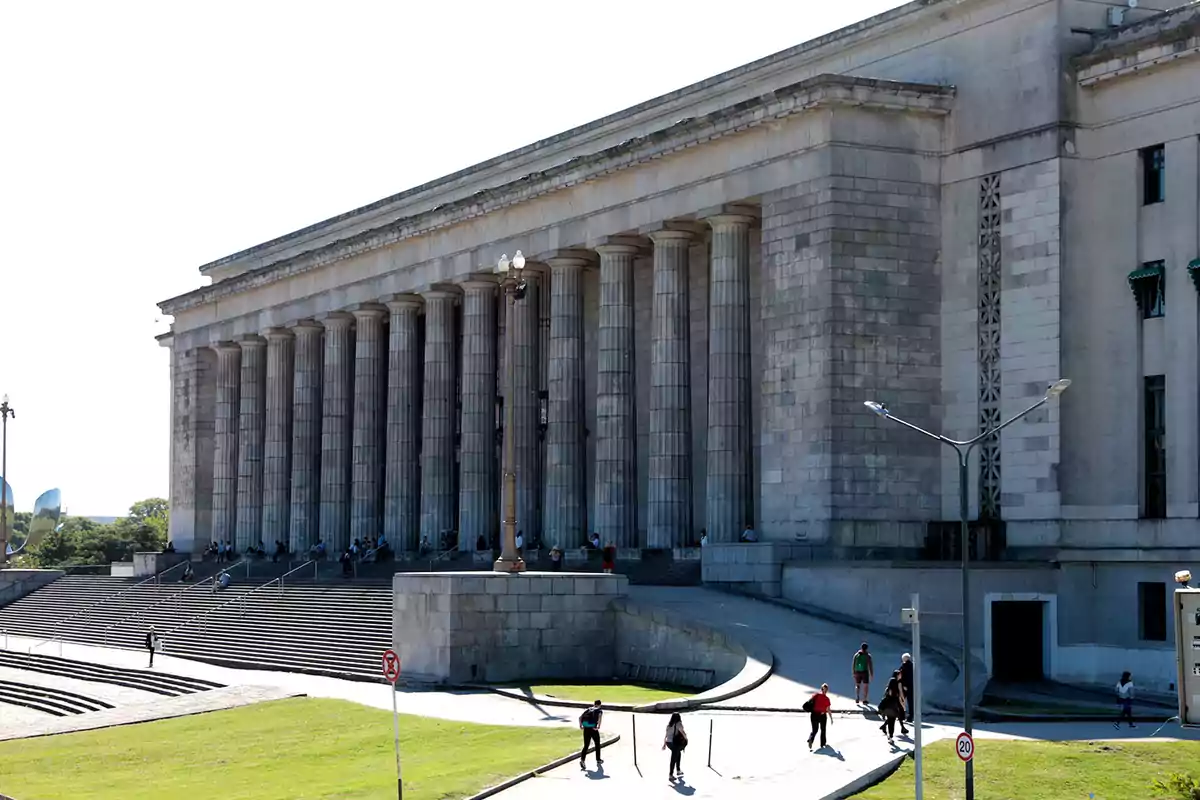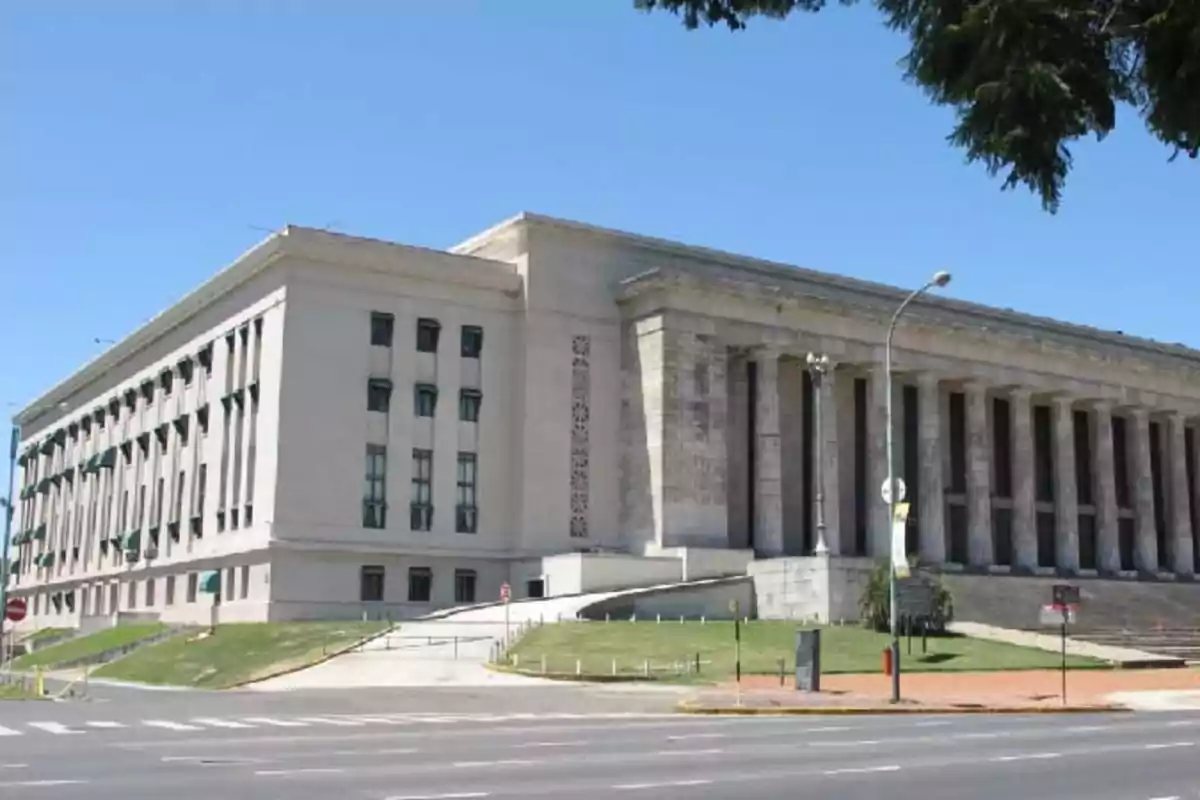
The University of Buenos Aires was scammed and more than 1.5 billion pesos were stolen.
This happened through 13 bank transfers made with falsified forms and emails
The University of Buenos Aires (UBA) was the target of a million-dollar scam, where a group of criminals managed to steal 1.591 billion pesos through 13 bank transfers carried out with falsified forms and emails.
This scam affected accounts belonging to the Law and Dentistry faculties, and was carried out during the second week of September 2023, resulting in the loss of hundreds of millions of pesos, paid from the pockets of all Argentinians.
According to the information revealed, the scammers used as a strategy the creation of an email address almost identical to the official UBA one, from which they sent transfer requests accompanied by MEP forms, a manual procedure commonly used by companies for movements of large sums of money.

In the emails, the criminals impersonated a worker from the treasury of the Law Faculty and claimed that the corresponding physical documentation would be delivered later. This never happened, but even so, a branch of Banco Nación completed the transfers.
The bank's actions caused strong internal questioning: both the University of Buenos Aires and Banco Nación opened investigations and administrative summaries. From the UBA, they affirm that these transfers were not authorized through official channels and criticize the bank for processing operations of that magnitude without verifying the requester's identity in person, as stipulated by the current protocol.
The judicial case, which is in the hands of prosecutor Eduardo Taiano and judge Sebastián Ramos, already has four people detained, who would have been the recipients of the diverted funds. However, the possible involvement of at least another 17 people is being investigated.

Among the accused is a woman known as “La China,” who has already given an investigative statement. It is expected that decisions regarding her procedural situation will be made next week. The charges include crimes such as fraud against public administration, document forgery, and money laundering.
The case also exposed flaws in banking security systems, especially regarding operations approved solely with digital validations. In this episode, the transfers were completed without the use of a token or in-person identity confirmation, which facilitated the criminal maneuver.
Additionally, unofficial sources indicated that this would not be the only affected organization: other entities in the public sector, including a social work linked to the trade union, have been victims of similar scams using the same method.
Meanwhile, as the investigation continues, the UBA has already requested the seizure of the stolen funds, although the measure has not yet been implemented.
More posts: